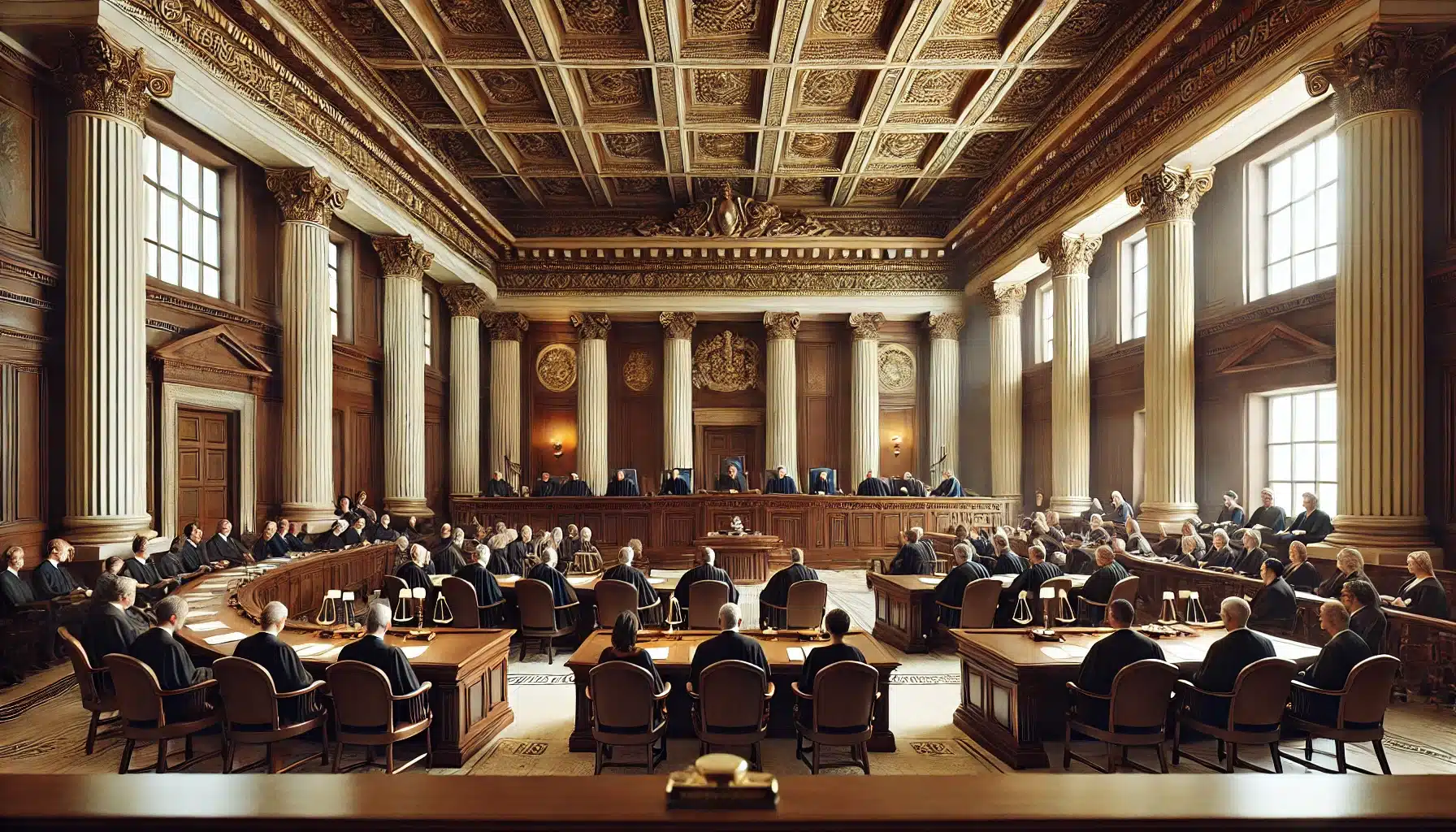The Supreme Court, on October 4, has sought clarification from the State of Gujarat regarding the reported unauthorized demolitions of Muslim religious and residential structures in Gir Somnath, which occurred on September 28. The Court refrained from issuing a status quo order pending further heari

Automated compliance and legal drafting
On Friday, October 4, the Supreme Court of India called into question the actions of the Gujarat government concerning the demolition of Muslim religious and residential buildings in Gir Somnath, carried out on September 28. Justices BR Gavai and KV Viswanathan presided over the session, demanding a detailed response from the state while opting not to impose an interim status quo, reflecting the complexities and sensitivities involved in the case. The case was initiated by Summast Patni Musslim Jamat, representing the Patni Muslim community of Prabhas Patan, following the demolition of properties including mosques, dargahs, and residential areas which the community claims have historical significance dating back to 1309.
Legal Arguments and Submissions
- Senior Advocate Sanjay Hegde argued on behalf of the community, highlighting that the demolition process was conducted without adequate notice and directly contravened a Supreme Court order dated September 17, which mandated no demolitions without prior court approval.
- Hegde presented concerns over the demolition of approximately 5 dargahs, 10 mosques, and 45 houses over an area of 57 acres, drawing parallels to a recent Supreme Court order that enforced a status quo in a similar demolition case in Assam.
Defense by the State of Gujarat
- Represented by Solicitor General Tushar Mehta, the Gujarat state argued that the demolitions were within legal bounds, targeting only encroachments on public lands and near waterbodies, areas specifically excluded from the court’s earlier protective order.
- The state defended its actions by asserting that all legal procedures were duly followed, including the issuance of notices and conducting personal hearings before any action was taken.
Judicial Response and Directions
- The court acknowledged the legal arguments but decided against granting immediate protective orders, citing its previous rulings regarding encroachments.
- Justice Viswanathan inquired about the total number of structures demolished to gauge the extent of the actions taken under the contested demolitions.
- The hearing was concluded with a directive for further examination on October 16, where the court will consider the state’s compliance with its orders and deliberate on possible directives to restore the properties if Gujarat is found in contempt of the court’s mandate.
Potential Implications and Significance
- The ongoing case not only questions the procedural adherence by the state authorities but also raises significant concerns about the protection of historic and religious sites within the broader context of legal rights and state oversight.
- The outcome of this case could set a pivotal legal precedent regarding state accountability and the preservation of communal heritage.
Summast Patni Musslim Jamat v. State of Gujarat and Ors. in Jamiat Ulama I Hind v. North Delhi Municipal Corporation, Writ Petition (Civil) No. 295 of 2022





